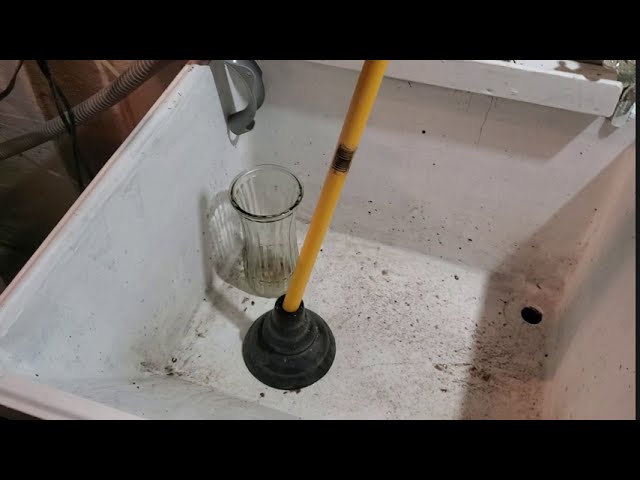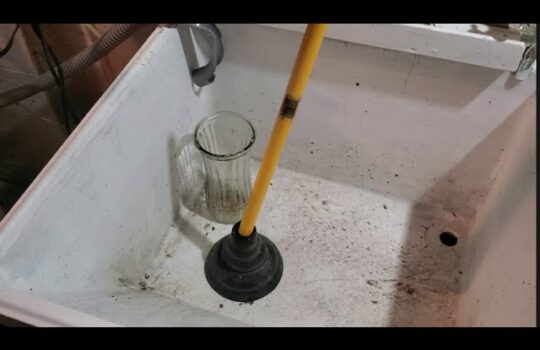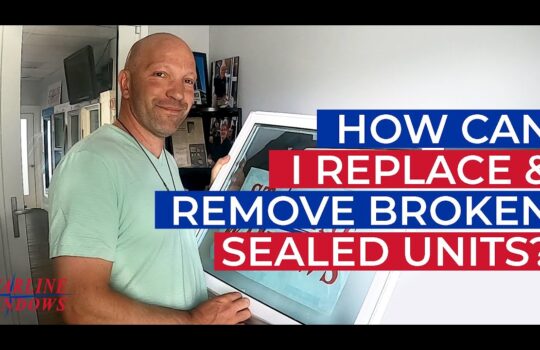Clogged or slow-draining laundry sink is a common problem for many homeowners. In some cases, a clog can be resolved with a plunger or snake. But if the clog is more serious, it may require professional plumbing services. In this article, we’ll discuss some of the common causes of clogged or slow-draining laundry sinks, as well as some tips on how to prevent them.
Common Causes of Clogged or Slow-Draining Laundry Sinks
Clogged or slow-draining laundry sinks are usually caused by a buildup of soap, dirt, lint, and other debris. These materials can accumulate in the pipes and eventually block the flow of water. Other common causes include:
- Hair
- Grease and oil
- Food particles
- Detergent residue
Preventing Clogged or Slow-Draining Laundry Sinks
Fortunately, there are some steps you can take to help prevent clogged or slow-draining laundry sinks. Here are a few tips to keep in mind:
Run Hot Water Regularly
Running hot water down the drain on a regular basis can help keep your pipes clear and free of debris. Try running hot water down the drain after every few loads of laundry.
Avoid Pouring Grease or Oil Down the Drain
Grease and oil can solidify in your pipes and cause a clog. To avoid this, never pour grease or oil down the drain. Instead, pour it into a can or jar and dispose of it properly.
Install a Mesh Strainer
A mesh strainer can help catch lint, hair, and other debris before it enters your pipes. Make sure to clean the strainer regularly to prevent clogs.
When to Call a Professional
If your laundry sink is clogged or slow-draining, you may need to call a professional plumber. A professional can help determine the cause of the clog and provide the necessary repairs. They can also help prevent future clogs by inspecting your plumbing system and making any necessary repairs or adjustments.
If you’re experiencing clogged or slow-draining laundry sinks, contact a professional plumber today. They can help resolve the issue and keep your plumbing system running smoothly.









